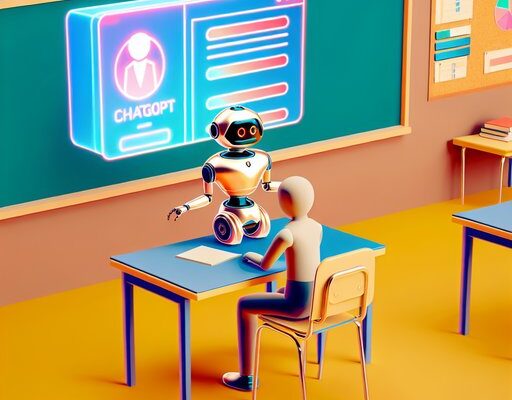
ChatGPT in Classrooms: A Help or Hindrance?
The article explores the integration of AI, particularly ChatGPT, in education, examining both its potential benefits and the challenges it poses, including ethical and regulatory concerns.

The article explores the integration of AI, particularly ChatGPT, in education, examining both its potential benefits and the challenges it poses, including ethical and regulatory concerns.
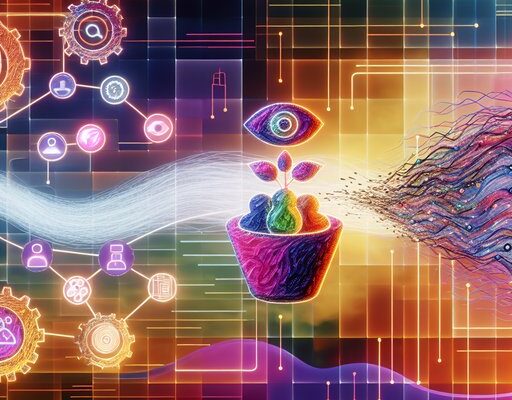
Generative AI is revolutionizing digital content creation by enabling unprecedented creativity and efficiency across industries like marketing, publishing, and gaming. As AI technology advances, content creation will become increasingly personalized and collaborative, though regulatory challenges will need to be addressed.
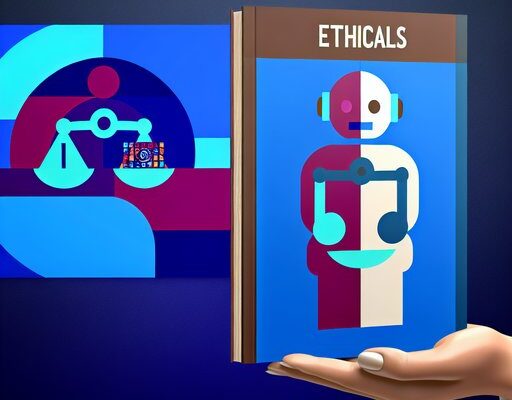
An exploration of the ethical challenges posed by the rise of autonomous weapons in warfare, highlighting the rapid development of AI-driven technologies, the profound implications on legal and moral grounds, and the urgent need for thoughtful regulation.
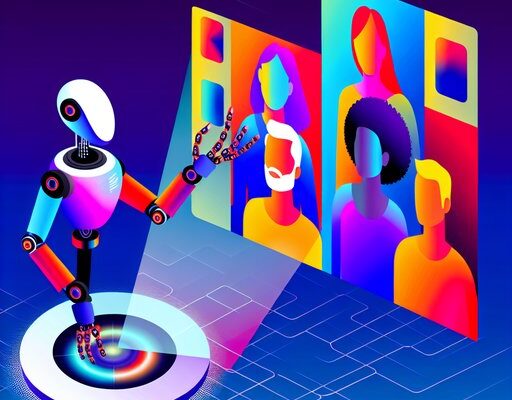
AI-generated influencers are redefining social media marketing, offering brands new ways to engage audiences through virtual personas. This article explores the technology, implications, and future of these digital characters.
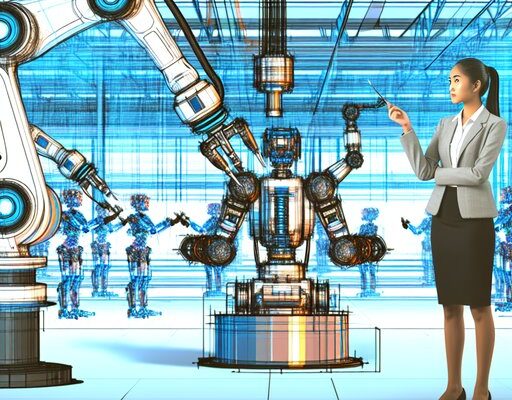
Robot-human collaboration is set to revolutionize factories, enhancing efficiency and productivity. This transformation involves the integration of cobots, which work alongside humans, driven by advancements in AI, cost reductions, and workforce dynamics.
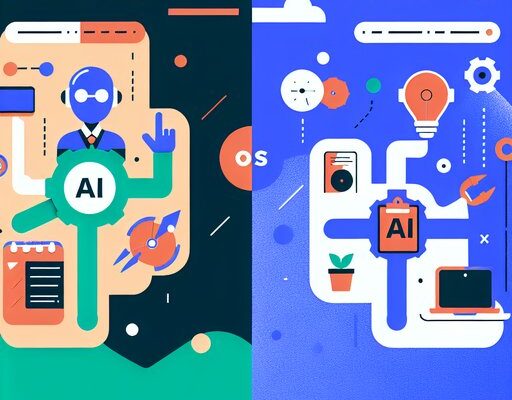
The integration of AI as a co-pilot in daily workflows poses both opportunities and risks. While it can enhance productivity and democratize expertise, there is a concern about over-reliance leading to skill degradation and accountability issues.
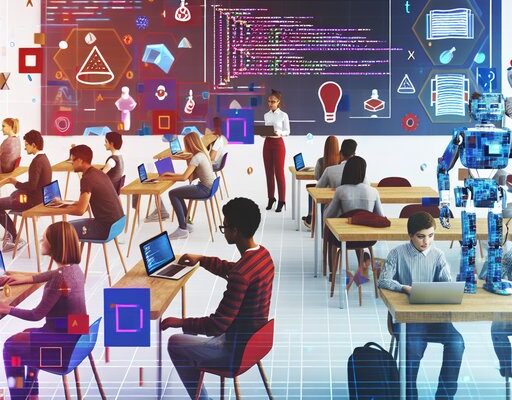
This article explores the transformative impact of generative AI on education, highlighting its potential to enhance personalized learning and democratize education through advanced content creation and language translation.
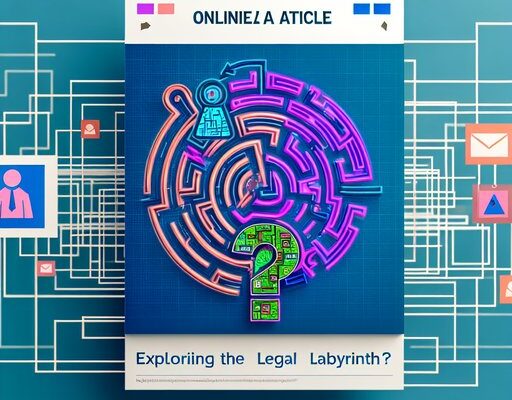
This article delves into the complex legal challenges surrounding the ownership of AI-generated art, highlighting the need for clear legal frameworks as AI continues to reshape the creative landscape.
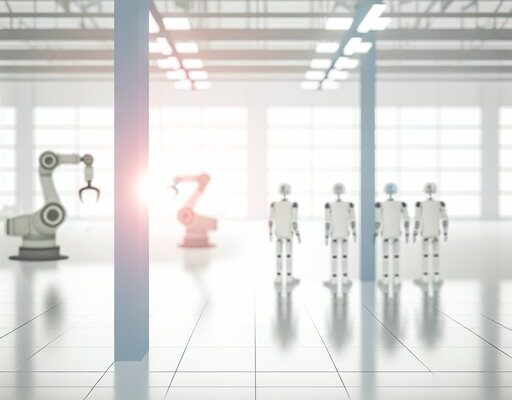
The integration of robots and humans in manufacturing is moving towards seamless collaboration, enhancing productivity, worker satisfaction, and operational efficiency through advancements in AI and robotics.

As generative AI (GenAI) evolves, it challenges traditional copyright laws, raising questions about authorship and the economic impact on creative industries. This article explores the need for updated legal frameworks to address AI-generated content.